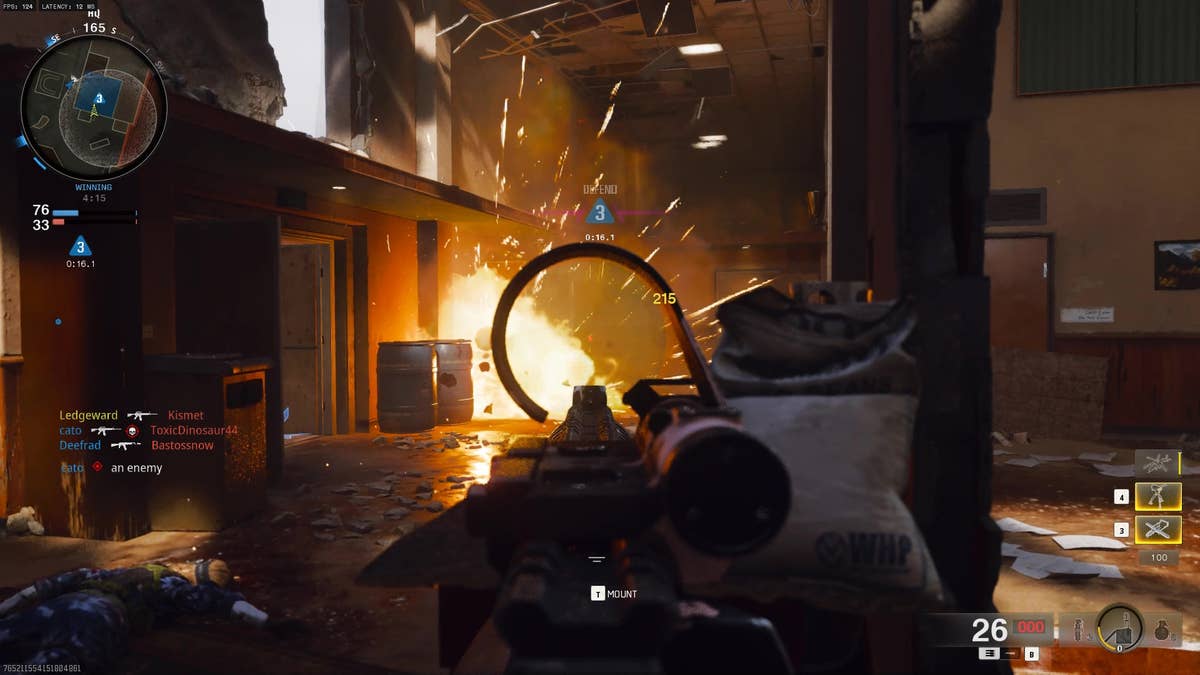Tube Rank: Your Guide to Video Success
Discover tips and insights for optimizing your video presence.
Camping or Conquering: The Moral Dilemma of COD
Explore the moral dilemma of COD: is camping a savvy strategy or an unfair tactic? Join the debate and take a stand!
Camping vs. Conquering: What Strategy Wins in Call of Duty?
In the ever-evolving world of Call of Duty, players often find themselves torn between two primary strategies: camping and conquering. Camping involves holding a specific position on the map, using stealth and patience to ambush unsuspecting opponents. This strategy can be particularly effective in modes where scoring relies on eliminations over time, allowing the camper to build up killstreaks without exposing themselves too much. However, it can be criticized for being passive, leading to a frustrating gaming experience for both the camper and their targets. On the other hand, conquering entails a more aggressive playstyle, where players consistently push forward, seeking to secure objectives and rack up kills through dynamic movement and engagements. This approach often requires greater skill and risk but can result in a more exhilarating experience.
Ultimately, the question of which strategy wins in Call of Duty comes down to personal preference and situational context. Players may choose camping in tighter maps or when the objective requires defense, while conquering shines in open environments where mobility can outmaneuver static foes. It's crucial for players to adapt their strategies based on their team composition and the evolving battlefield to maximize their effectiveness. Whether you prefer the stealthy approach of camping or the bold tactics of conquering, understanding the strengths and weaknesses of each method can lead to more victories and better gameplay outcomes.

The Ethics of Camping: Is it a Legitimate Tactic in COD?
The ethics of camping in Call of Duty (COD) has become a heated topic among the gaming community, raising the question: is it a legitimate tactic? Many players argue that camping, which involves holding a position and waiting for opponents to approach, can be a strategic move. This tactic allows players to control key areas of the map and ambush unsuspecting enemies. However, others see it as an **unfair advantage** that disrupts the flow of the game, making it less enjoyable for those who prefer fast-paced action. The ongoing debate highlights the diverse play styles within the community and the varying perceptions of what constitutes fair play.
Ultimately, the acceptance of camping as a tactic in COD hinges on individual player preferences and the overall dynamics of a match. While some players embrace a more aggressive approach, often leading to chaotic gameplay, others may find solace in the patience and strategy that camping requires. Understanding the ethics of camping involves recognizing that different tactics have a place in competitive gaming, even if they provoke frustration among certain player groups. In the end, whether regarded as a legitimate strategy or an annoying tactic, camping remains a fundamental aspect of gameplay that reflects the evolving nature of player interactions in the COD community.
Understanding the Psychology Behind Camping and Conquering in Competitive Gaming
The phenomenon of camping in competitive gaming is often a polarizing topic among players. At its core, camping refers to the strategy of remaining in a specific location to gain an advantageous position over opponents. This tactic is not merely about finding a hiding spot; it taps into deeper aspects of psychological strategy. Players who camp often do so to evoke fear and hesitation in their enemies, creating a psychological advantage. For many, understanding this aspect of gaming can help them devise strategies to counteract camper tactics, which may involve enhancing their own awareness and adaptability in high-stress situations.
On the flip side, the act of conquering these camping strategies can be incredibly rewarding for players, symbolizing a triumph over psychological warfare. Successfully navigating a map to outsmart a camper often involves not only tactical skills but also a keen understanding of the mental dynamics at play. Gamers who focus on teamwork and communication can disrupt the camping strategy effectively, leading to a more fulfilling gaming experience. Ultimately, recognizing the psychological elements of camping allows players to enhance their gameplay while fostering resilience and adaptability in the face of competitive challenges.